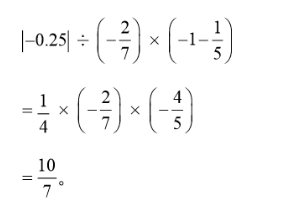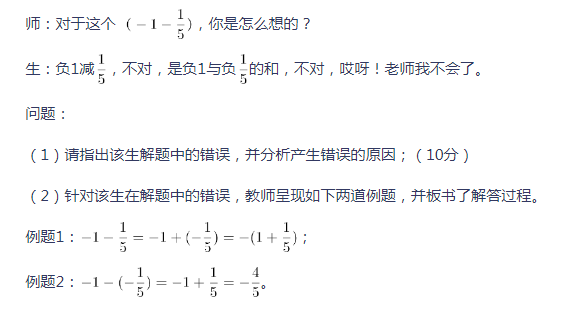当前位置:首页 → 职业资格 → 教师资格 → 中学英语学科知识与教学能力->TheUniversityinTransformation,
The University in Transformation,edited by Australian futurists Sohail Inayatullah and Jennifer Gidley,presents some 20 highly varied outlooks on tomorrow’s universities by writers representing both Western and non-Western perspectives.Their
essays raise a broad range of issues,questioning nearly every key assumption we have about higher education today.
The most widely discussed alternative to the traditional campus is the Internet University—a voluntary community to
scholars/teachers physically scattered throughout a country or around the world but all linked in cyberspace.A computerized
university could have many advantages,such as easy scheduling,efficient delivery of lectures to thousands or even millions of students at once,and ready access for students everywhere to the resources of all the world’s great libraries.
Yet the Internet University poses dangers,too.For example,a line of franchised courseware,produced by a few superstar
teachers,marketed under the brand name of a famous institution,and heavily advertised,might eventually come to dominate
the global education market,warns sociology professor Peter Manicas of the University of Hawaii at Manoa.Besides enforcing a rigidly standardized curriculum,such a“college education in a box”could undersell the offerings of many traditional brick and mortar institutions,effectively driving them out of business and throwing thousands of career academics out of work,note
Australian communications professors David Rooney and Greg Hearn.
On the other hand,while global connectivity seems highly likely to play some significant role in future higher education,
that does not mean greater uniformity in course content—or other dangers—will necessarily follow.Counter-movements are
also at work.
Many in academia,including scholars contributing to this volume,are questioning the fundamental mission of university
education.What if,for instance,inste
本题考查细节。
A项谈到“网络课程比传统课程节省费用”,这是件好事,不是其潜在的危险,综上,应选A。
文中关于网络大学潜在弊端的介绍主要在第三段中。通过 “throwing thousands of career academics out of work”可知B 项符合文意。故排除B。
C 项可由“enforcing a rigidly standardized curriculum”得出。故排除。
D项也可以从“a few superstar teachers”得出,故排除。
故正确答案为A项。
《义务教育数学课程标准(2011年版)》强调,课程内容要反映社会的需要、数学的特点,要符合学生的认知规律。课程内容的组织要重视过程,处理好()的关系。
设α是某一方程组的解向量,k为某一常数,则kα也为该方程组的解向量。( )

案例:
在有理数运算的课堂教学片段中,某学生的板演如下:

针对该学生的解答,教师进行了如下教学:
师:请仔细检查你的演算过程,看是否正确无误?
生:好像正确吧。

请分析例题1、例题2中每一步运算的依据。(10分)
初中数学课程是一门国家课程,其主要内容包括课程目标、教学内容、教学过程和( )等

教师职业道德区别于其他职业道德的显著标志就是( )。

对高中数学的评价,下列说法错误的是( )。
